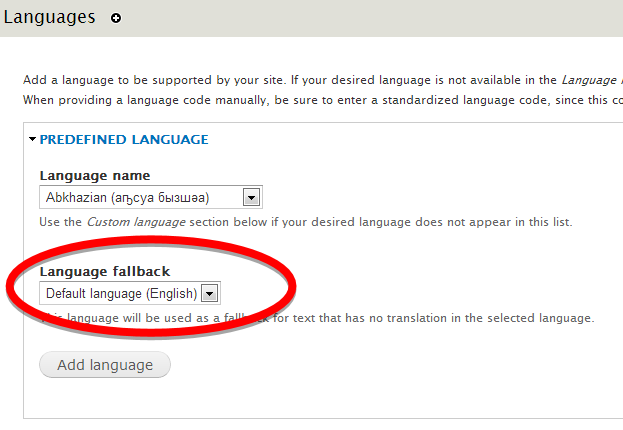
We’re excited to hear your project.
Let’s collaborate!

Do you want to stick to the basics or go beyond it? In other words: would you offer your visitors the same multi-language experience that they would get on any other Drupal 8 multilingual site or are you ready to take multilingualism to the next level and enhance it with an extra contributed module or two, as well?
Especially when you have an "overwhelming" collection of multilingual contributed modules to choose from for picking precisely the one(s) that cover your site's specific needs!
Since going multilingual doesn't have to mean using the same "recipe of modules", irrespective of the Drupal 8 site's particularities, right?
This being said, let us reveal to you the list of 5 Drupal 8 contributed modules, each one loaded with multilingual functionality, that you might want to supercharge your website with:
You can easily consider yourself a spoiled one: Drupal 8's been built with multilingualism in mind!
Therefore, if you would have had to mix and match an entire "array" of contributed modules for building a basic multilingual website in Drupal 7, it only takes 4 CORE modules to build a perfectly functional one in Drupal 8!
You practically get multilingual functionality "by default"! A huge jump-start!
And now speaking of this multilingual pre-built “kit”, made of 4 key modules, let us enlist them for you:
Note: Upon building your multilingual Drupal 8 site we advise you to go for another one of the languages available on your website instead of English; this will automatically trigger the installation of some key multilingual-friendly modules.
And now, let us proceed with our list of contributed modules that will help you tailor Drupal 8's multilingualism to your own site's specific needs:
A more than useful tool whenever you need to identify your visitors' mother languages.
And how does it “detect” it for you? Easily: basically it adds a new “cookie” field to the Language Negotiation settings. And therefore, the language on your site will instantly be set in accordance with this extra cookie.
As simple and yet as effective as that! You can just “relax” knowing that the languages on your Drupal 8 multilingual site will automatically get “paired” precisely with their native speakers.
Need to fix or create and add translations to certain pages on your website? Don't worry, you definitely don't need to sift through all your pages and take them one by one for finding precisely those with missing or “flawed” translated content.
You simply install and enable this module here and harness the power of its on-page translator editor. Just navigate around your pages precisely to your target one(s)... edit/add your translation... save it and... that's it!
“Kindred” with the Language Cookie module, we could say, since this one, too, helps you detect your visitors' mother languages.
It's just the means used for this "language detection" process that differs: the IP Language Negotiation module “teams up” with the “country language detection” module, ip2country, for that.
By detecting the countries that your visitors access your multilingual Drupal 8 site from it instantly displays the content on your website in their own languages.
Call it a “safety net” or a “plan B” module if you like!
Take this use case scenario, for instance:
“You're using multiple regional variants of a language of your website: Welsh English and Scottish English, let's say. Well, first of all, you define your site's default language, English, then define its 2 “variations”: Scottish and Welsh. Whenever a string needs to get translated, the module will first look for the Scottish translation, then for the Welsh variant.”
Take it as an “insurance policy” that if something unexpected happens, meaning that a certain translated string can't get delivered to your visitors in your custom language, they will always get the requested content in another familiar language/dialect (the “fallback language").

Instead of striving to “detect” your site visitors' mother languages, how about empowering them to choose the languages they'd like to see your site's content translated to?
And how does this module empower them to do that? By presenting them with a landing page where they get to choose their preferred languages from those available on your Drupal 8 multilingual site.
Now how does “placing the power of choice into your users' hands” benefit your website?
It's a helpful strategy to adopt whenever you don't have enough relevant data on your site users, for instance (you don't know what each visitor's mother language is, what countries they access your website from, etc.)
Or it could simply be the fact that you don't want to influence their choices.
“Empowering the end-user” is Drupal's philosophy after all. And even so more Drupal 8's, right?
This is our selection of contributed Drupal 8 modules “loaded” with multilingual functionality that our team has carefully put together for you! How does your own “arsenal” of multilingual-friendly modules look like?

We’re excited to hear your project.
Let’s collaborate!